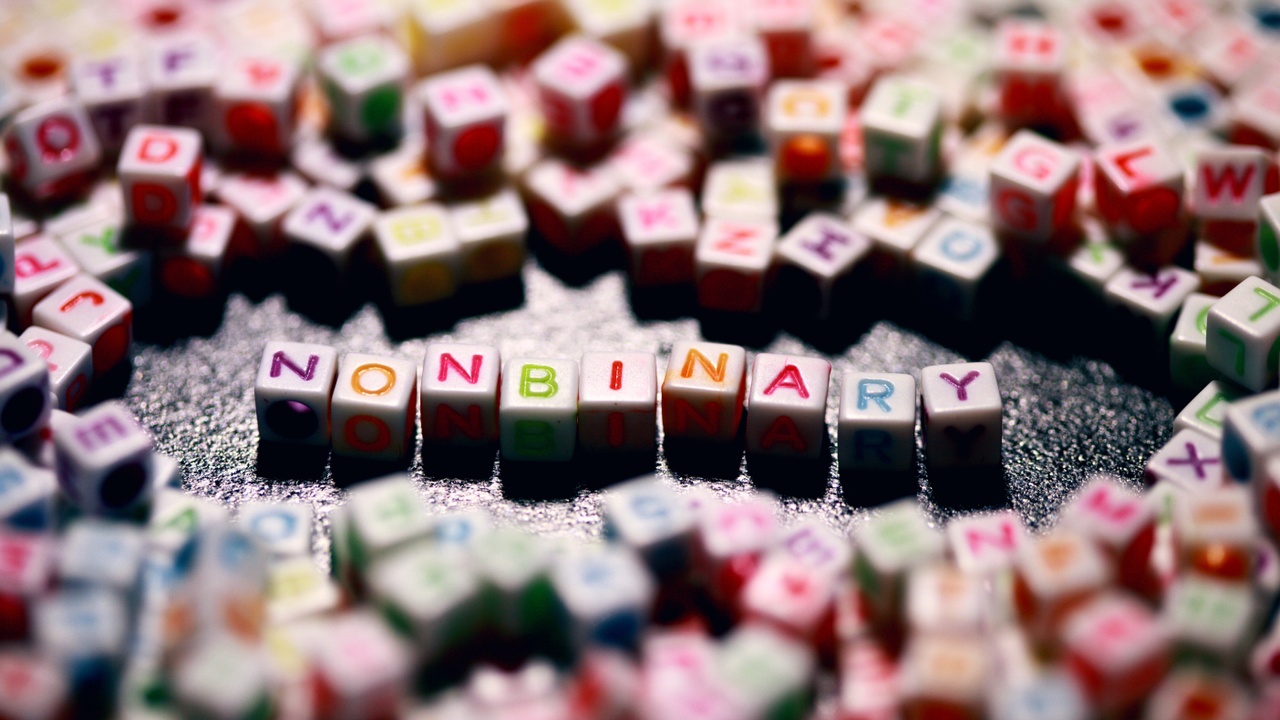What is a gender non-binary wedding?
Feb 28, 2022
Recently, there has been more conversation about gender fluidity and non-binary gender status. This simply means that the traditional binary terms ‘male’ and ‘female’ do not apply to a person, and they also do not consider themselves to be ‘trans’. When presented with a non-binary person or couple, you will need to know a couple of things before planning the wedding ceremony with them.
Here are our tips:
What is the difference between non-binary and trans?
It can be a common misconception that someone who looks outwardly ‘male’ but is in fact biologically female (or visa versa) is either trans or gay. Mainstream media has done a good job at conditioning us to stereotype - and this is always a bad idea.
There’s a big difference between being trans and non-binary. A trans person is someone who was assigned a gender at birth (e.g. male) but now identifies as another gender (e.g. female). Some people choose to transition with the help of surgery. Others don’t.
A non-binary person is someone who does not conform to ‘male’, ‘female’ or ‘trans’ and simply feels as though they are not defined by a gender stereotype.
What should you consider?
The first thing you can do as a wedding celebrant is be unassuming. Just because someone looks female doesn’t mean they are. You can ask open questions if you have a feeling someone might be non-binary. A really good non-threatening question is, “what are your preferred pronouns?”. In fact, it might be sensible to ask this each and every time you meet clients - even when you feel fairly certain of their gender identity. This way you are not singling out those who might not conform to gender stereotypes.
Once you have determined their pronouns (for example, ‘they’ and ‘them’ instead of ‘she’ and ‘her’) you should ask them more about their vows and the language they would prefer you to use during the ceremony. Even the words ‘bride’ and ‘groom’ are gender-conforming. They may prefer ‘newlyweds’ as a gender-non conformist alternative. If the gender non-binary person is not the couple getting married, but a member of the wedding party, you should also be aware of this. A best ‘man’ can be termed a ‘best person’ or ‘person of honour’.
Feel free to ask how they’d like to be described in this context.
You should also consider venue issues. For example, if a non-binary person asks you where the toilets are, it would be a bad idea to point them towards the ladies toilets if they actually prefer the mens. Ask them which one they’re looking for or simply tell them where both are.
If you slip up…
If you forget for a moment that someone is non-binary and not gendernormative, don’t panic. Correct yourself and apologise for the error. Practise using their preferred pronouns in your head and begin to make this part of your normal language.
For more information on conducting a fantastic gender non-binary wedding, feel free to join our celebrancy facebook group and ask some of our fantastic celebrants for advice and tips.

